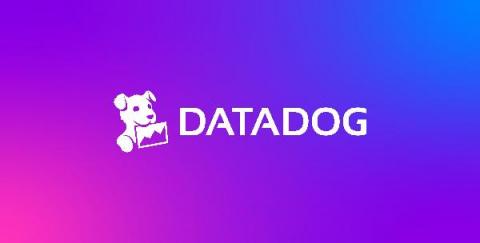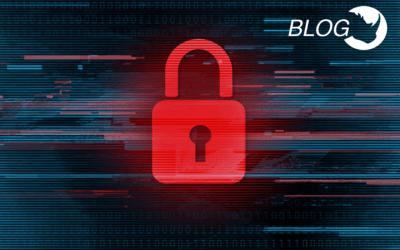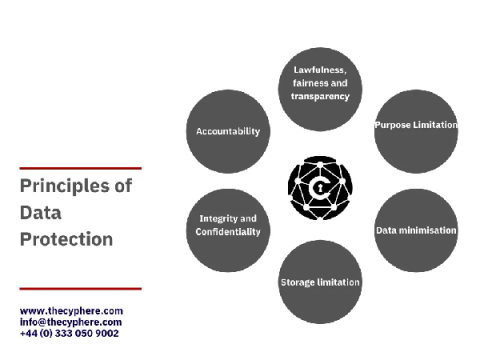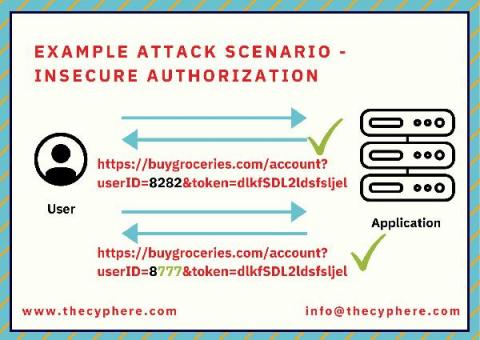Why Are Ransomware Attacks on the Rise?
Since the Colonial Pipeline incident in May 2021, the word “ransomware” has been circulating in public opinion and even in recent remarks from President Biden and law enforcement, along with warnings about how this type of advanced cyberattack on companies and individuals should be avoided. But what exactly is ransomware? Why are we suddenly talking so much about it now?










